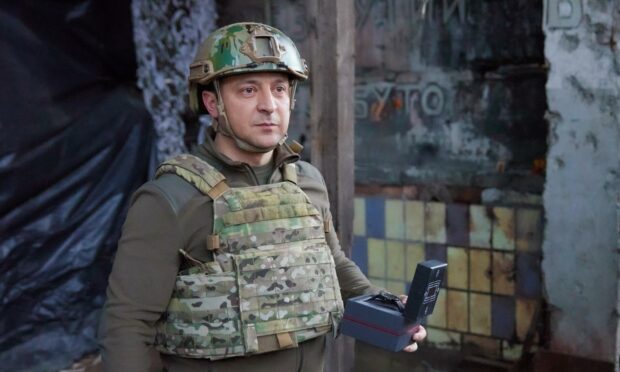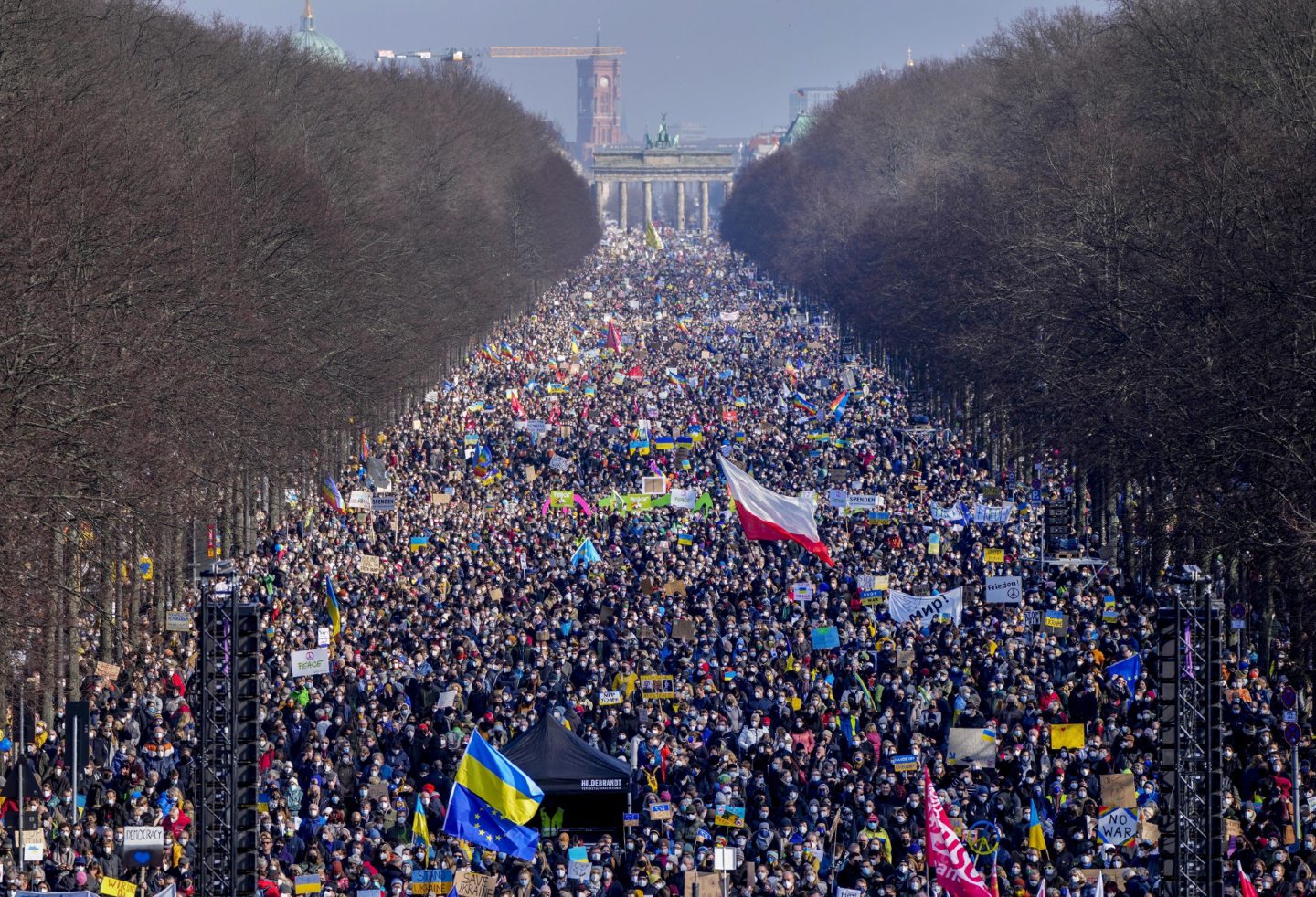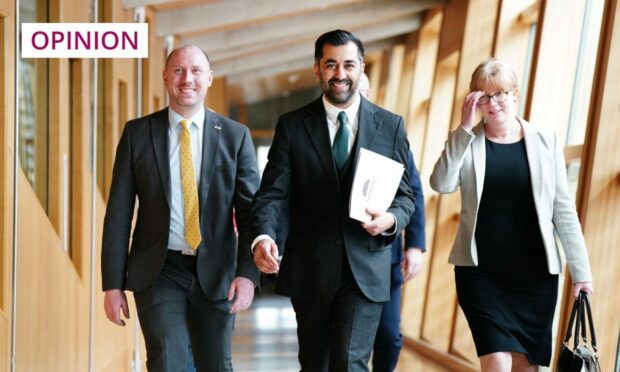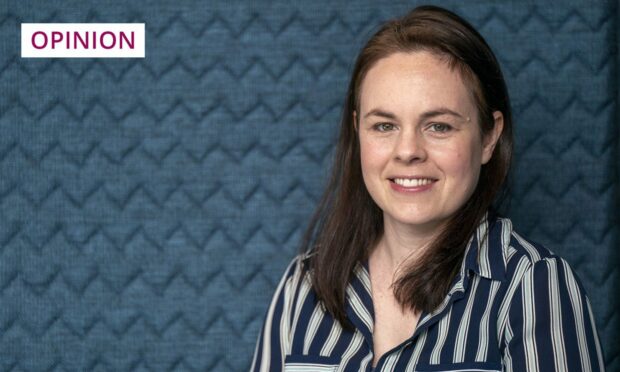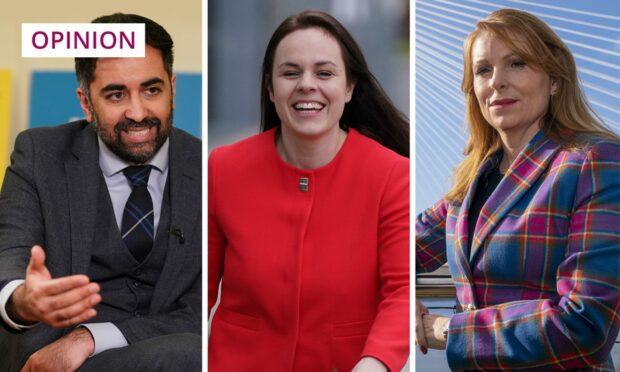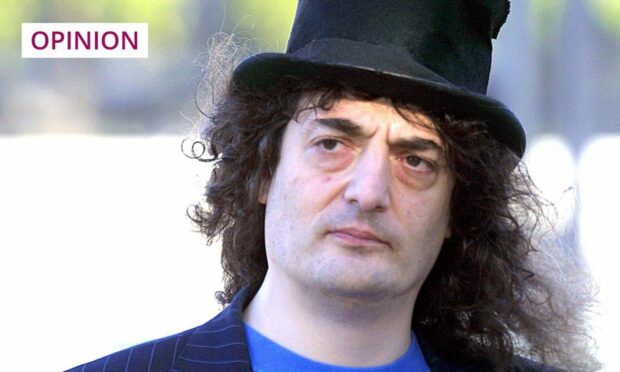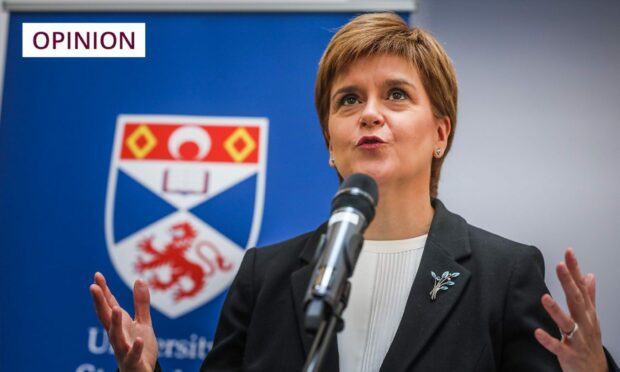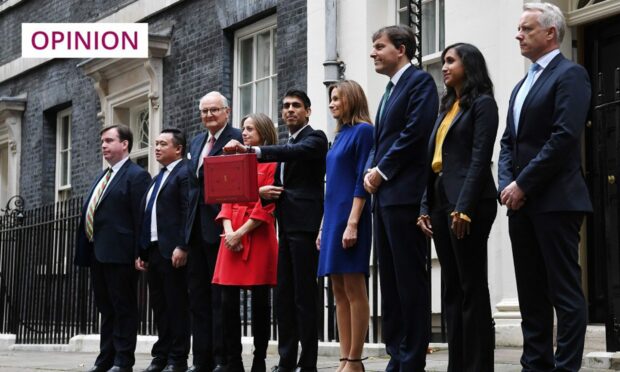I doubt Vladimir Putin has ever had much time for literary fiction.
He strikes me as one of those bores whose bookshelves groan under vast biographies of Napoleon and Alexander the Great and, naturally, Lenin and Stalin. To a man like that, literature is for women and homosexuals. Who wants lessons in empathy when you’re having an opponent tortured in the guts of the Lubyanka, or a critic assassinated in far-off Salisbury?

Literature gets men like Putin, though. The opening line of the great VS Naipaul’s A Bend in the River is particularly apposite: “The world is what it is; men who are nothing, who allow themselves to become nothing, have no place in it.” This, in his destructive lust for immortality and historical veneration, for a bulging shelf of his own alongside Alexander and Uncle Joe, could stand as Putin’s amoral credo.
He might be powerful and driven, and he is certainly not nothing, but Putin is not brave. We can see this from how he places visitors at the far end of a battleship-length table, fearful of picking up a bug – or perhaps, these days, a knife in the belly. We can tell from his absolute terror at political opposition, locking up his enemies on trumped up charges and sending his goons out to brutalise and arrest ordinary people for protesting on the streets of Moscow.
Why else would he need those hilarious – and startlingly homoerotic – photos of him topless on a horse or firing a rifle, moobs wobbling with the effort? They are proxies for an absence of valour.
The Lion of Ukraine refuses to be cowed
The Russian president has been coddled for so many years in the luxurious cocoon of the Kremlin, with the venomous tools of the security state at his disposal and all elements of democratic accountability done away with, that he has not needed to be brave to survive – only vicious, and then always at a remove. It’s not hard to imagine he would meet his end tearfully begging for life, like the notorious Soviet police chief Beria, or attempting to flee like Mussolini.
Volodymyr Zelensky is brave, though. The Ukrainian president, a former TV comedian, is being hunted through the streets of Kyiv by a specially dispatched Russian hit squad. His open, charismatic defiance will only have hardened Putin’s conviction that he must be murdered. But, the Lion of Ukraine refuses to be cowed, and is proving hard to kill.
A Ukrainian in Berdyansk spotted a mine on the road and didn't wait around for a bomb disposal unit – at great risk to life and limb, he removed the mine, clearing the way for the Ukrainian military. pic.twitter.com/iC9ZTrixlC
— The New Voice of Ukraine (@NewVoiceUkraine) February 27, 2022
We are daily humbled by the actions of Zelensky and his compatriots. The scenes of weeping fathers packing their wives and children on to trains, while they stay to fight, rip a hole in your heart.
In a recent article for the Daily Telegraph, Andriy Kononenko, a 51-year-old language teacher, wrote of queueing for his uniform and rifle, “fighting the urge to be sick”. He has evacuated his family to Poland. “I wish I could be there with them. Safe. Eating delicious Polish food. Why aren’t I there, instead of here in the freezing cold by a base where eight of my countrymen were killed in a Russian bombardment two days ago?”
We cheer the elderly woman confronting an invading soldier and offering him sunflower seeds: “Take these seeds and put them in your pockets so at least sunflowers will grow when you all lie down here”; tremble for the citizens who stand in front of Russian tanks, refusing to make way; cackle with the Ukrainian motorist who stops by a broken-down tank and offers to tow its stranded crew back to Russia; laugh at the Glaswegian insouciance of the man who jogs an anti-tank mine away to safety while a cigarette burns down in his mouth.
Putin will never know what real courage is
The battle for Ukraine has introduced sharp moral clarity to an aspect of life that is more commonly grey. Putin has no justification and almost no support. The Chinese, who he has courted assiduously, are sitting this one out. Germany is rearming and even considering a return to nuclear power in order to end its reliance on Russian gas.
This is a war that can change us, a portal to being better, if we let it
The Russians are being kicked out of sporting events across the planet. Universal sanctions will heavily restrict the country’s access to funds and clamp down on the ill-gotten gains of its thieving oligarchs.
The world has come together, inspired by the audacity and pluck of these extraordinary Ukrainians, in a sort of species-wide revolt against evil. This is a war that can change us, a portal to being better, if we let it.
If only mad, bad Vlad had read more fiction, he might have known what to expect. Harper Lee’s To Kill a Mockingbird, for example: “I wanted you to see what real courage is, instead of getting the idea that courage is a man with a gun in his hand. It’s when you know you’re licked before you begin, but you begin anyway and see it through no matter what.”
Chris Deerin is a leading journalist and commentator who heads independent, non-party think tank, Reform Scotland
